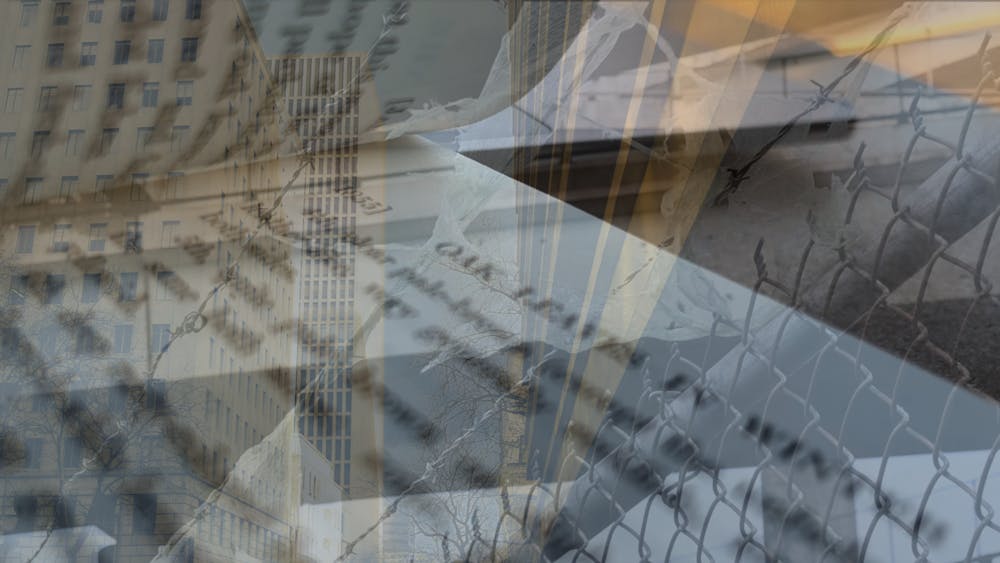A college education contributes to a profound expansion of mind. In as little as three to five years, many undergraduates’ worldviews — among them intellectual, political, ethical and spiritual — undergo an astonishing renovation. That’s because a liberal arts education encourages a broadening sense of personhood that forces students to think about themselves in a wider context.
But when new grads are faced with the question — “How will I use my education?” — that’s not how they think of it. The rationale for getting a degree in the first place is largely economic, and the high cost of a bachelor’s warrants as much. Value as return-on-investment isn’t bad thinking, these days.
But these days are getting stranger by the minute. Democratic backsliding, Soviet-style disappearances, political polarization, and rapidly evolving technology and means of (dis)connection should spur us to re-evaluate how and why a liberal arts higher education is valuable beyond the metrics of salaries and bonuses.
If the outcome of this education is that it teaches students to think contextually, reading is the act that makes it possible. Reading brings you in contact with a world bigger than yourself. You’re made to think about the lives of others as much as your own, and therefore you’re made to examine the world you want to share with them.
A literacy-based education is indispensable for those wanting to become lawyers, activists, policymakers and many of the professions that work toward a just future. But career aside, it develops the critical thinking needed to resist the lure of conspiracy theories, prejudice and demagoguery, and it instills a patient habit of mind that helps remedy the malaise of over-consumptive, materialist capitalism.
However, reading shouldn’t begin in college — nor can it. Literacy is both a skill and a habit. And if younger students are struggling to develop either one, how will they become effective readers when they encounter more complex literature(s) at university?
This is no longer becoming an “if” question. Primary-age students’ reading abilities are in decline, and high-school seniors are entering college ill-equipped to do the reading.
The pandemic certainly exacerbated the existing atrophy of America’s reading proficiency. But I don’t imagine gutting the department of education — especially its research wing — will help, and neither will banning books nor ignoring the social media attention monopoly make it any better.
I am not an expert in education reform. I don’t know how to make students better readers. But, as a statement of faith, creating a culture that values the liberal arts — which is to say, values the slow process of reading, writing, discussion and reflection — is a duty we owe ourselves.
The closest thing to a litmus test of that culture is a small assignment commonly given in English classes — called literacy narrative — that asks students to reflect on their development as readers. What parts of themselves can they trace back to a novel? What are the books that changed them?
As long as the literacy narrative stays around, it means students are still reading. But as soon as it becomes pointless to put on the syllabus — when students have almost nothing to write about because they do not, or cannot, read well — I hope more people will sound the alarm.
Riley Martinez is a member of the editorial board. He can be reached at martinri24@up.edu.
Have something to say about this? We’re dedicated to publishing a wide variety of viewpoints, and we’d like to hear from you. Voice your opinion in The Beacon.








